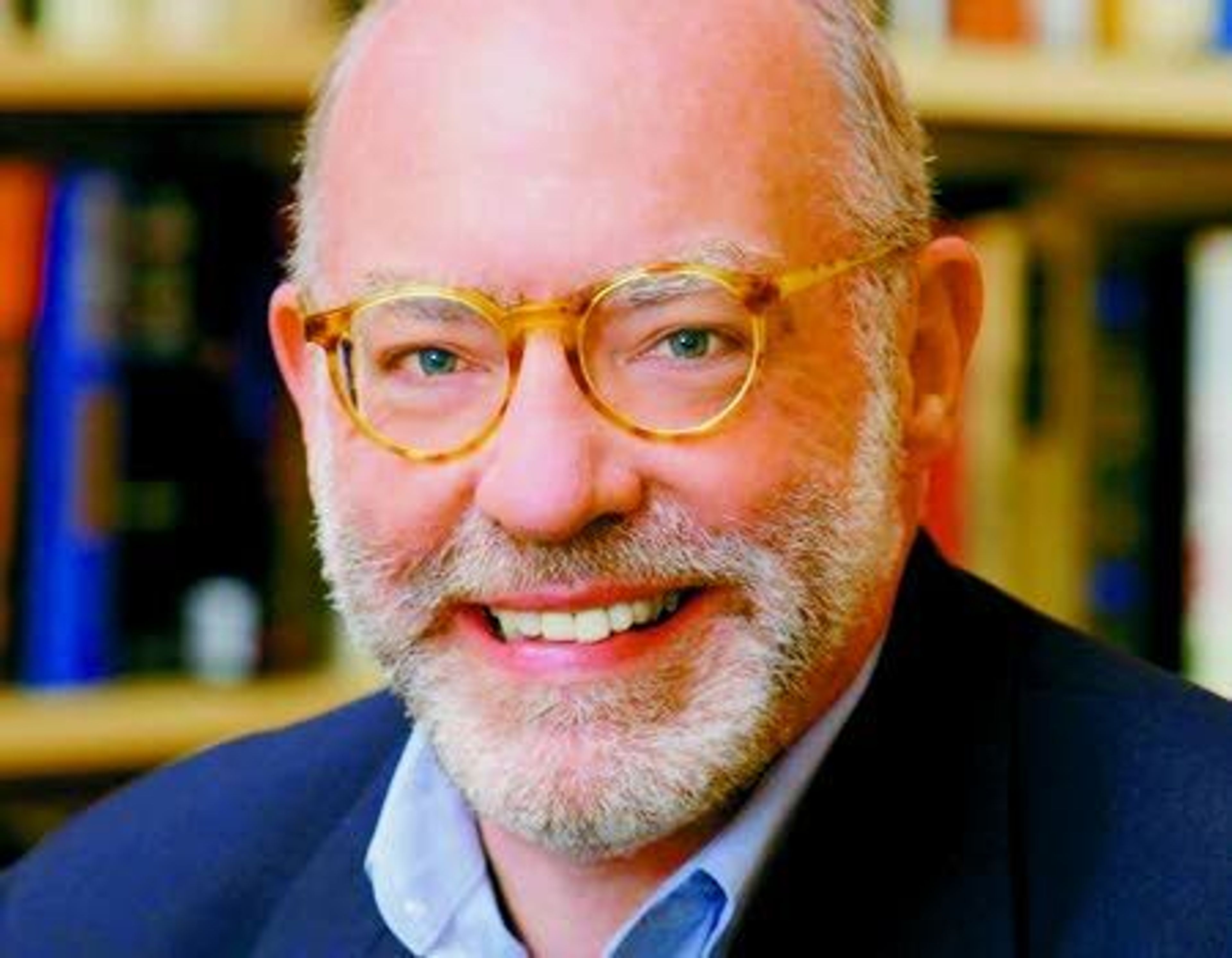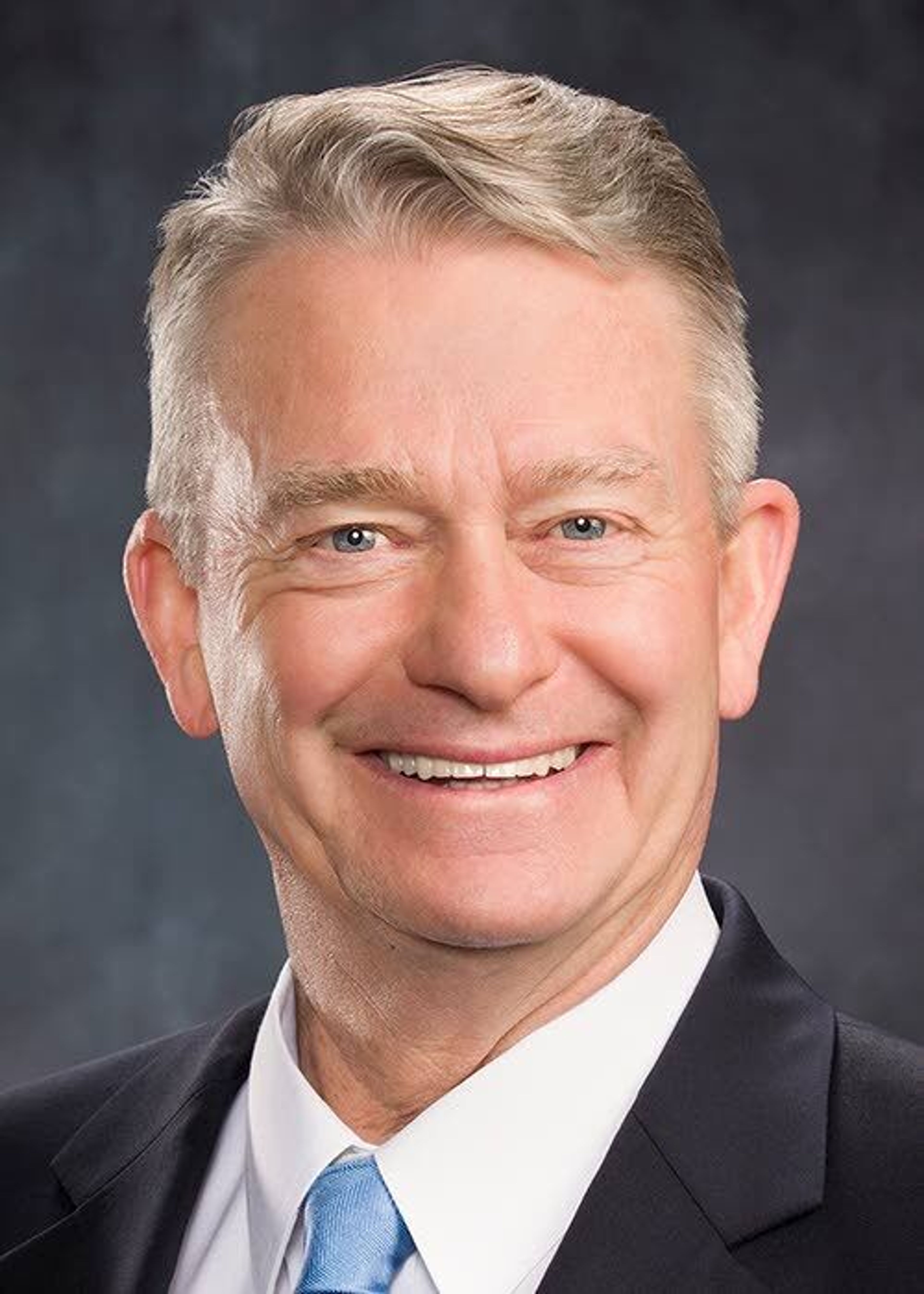UM researchers using grant to work toward COVID-19 vaccine
National Institutes of Health provided $2.5 million to help fund the research
MISSOULA, Mont. — Researchers at the University of Montana are working to develop a COVID-19 vaccine with the help of a $2.5 million grant from the National Institutes of Health.
The University of Montana has become a leader in vaccine development, ever since a team led by Jay Evans joined UM in 2016, after pharmaceutical giant GlaxoSmithKline downsized its operations in Hamilton, and the research team moved to Missoula.
Evans and his team at UM’s Center for Translational Medicine began working on the vaccine after being contacted by the NIH in February, prompting them to get to work on COVID-19 research while the federal grant process worked through the pipeline.
“It’s seed money in a way,” Evans said. “This allows us to generate the data we need from these lead vaccine candidates, and once we get that data and prove which vaccine is the best, then six months from now we’ll be able to put in for a larger funding request, likely one of these $10 (million) to $15 million requests that allows us to take the lead candidates through Phase 1 trials.”
Evans’ team has specialized in the development of adjuvants, chemicals that help vaccines work more effectively and safely, which has made the team one of the leaders in that field, and likely one of the reasons the NIH reached out directly to UM for the project.
The team of researchers encompasses multiple UM departments, including the chemistry, biological sciences and biomedical departments. The work is also being done in partnership with the Icahn School of Medicine at Mount Sinai in New York City, as well as researchers at Boston Children’s Hospital.
Some animal testing, on mice, at UM is already underway with the lab’s initial vaccine candidate findings, but further animal testing will be done at Mount Sinai on mice, and eventually on pigs at another facility in Canada.
In conjunction with the grant announcement Thursday, U.S. Sen. Steve Daines visited the University of Montana to hear about the work being done. During his visit, UM President Seth Bodnar, as well as Evans and others, called on Daines to help them find more funding to expand the biotech and vaccine research facilities at UM, which they said were quickly becoming too small for the work being done there.
Evans’ team consisted of 15 people when it first began in 2016, but now has grown to 40, and has brought in nearly $70 million in vaccine research grants. The team has worked on or is currently working on influenza, whooping cough and Lyme disease, as well as opioid addiction. However, with limited space and facilities, the 40-person team works in a space built for 25, and much of the millions awarded to UM simply passes through to other public and private labs outside Montana that have more technical facilities.
Bodnar said if more of that funding could stay at UM, that would mean more good-paying jobs for Montanans, as well as more high-level experience for students working in the labs.
In a presentation for Daines, who said he had worked to include $10 billion in increased funding for the federal Biomedical Advanced Research and Development Authority in the Senate’s coronavirus response bill, Evans laid out future developments he hoped UM could find ways to fund.
Among them was a new building at UM designed for biotech research and laboratories that could work with large animals, such as live pigs, whose immune systems — as opposed to those of mice — much more closely resemble those of humans. Additionally, MonTEC, Missoula’s biotech incubator space, was already at capacity, limiting the growth in biotech companies Missoula has seen in recent years.
Because of the shortage of available biotech research space at UM, Vice President of Research and Creative Scholarship Scott Whittenburg said probably a third of the funding that the Center for Translational Medicine receives has to be subcontracted out of state, meaning millions of dollars in lost economic opportunity for the state.
If UM is successful in developing the best adjuvants found for the vaccine, the university then owns a share of intellectual property, meaning it could receive money from the sale and use of the vaccine if it is eventually scaled up.








